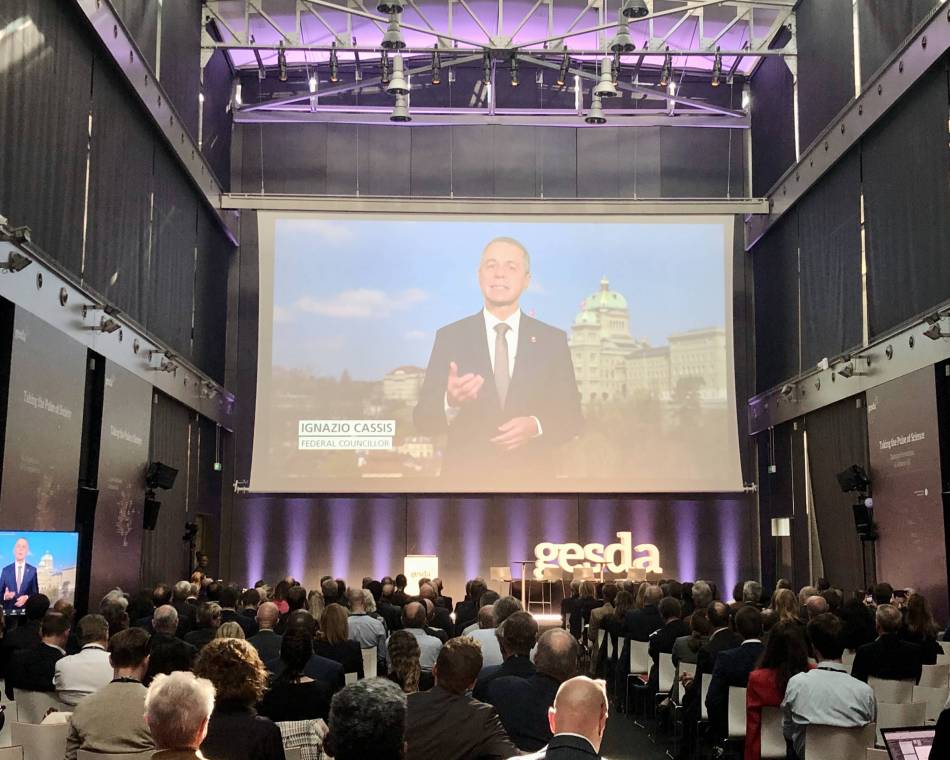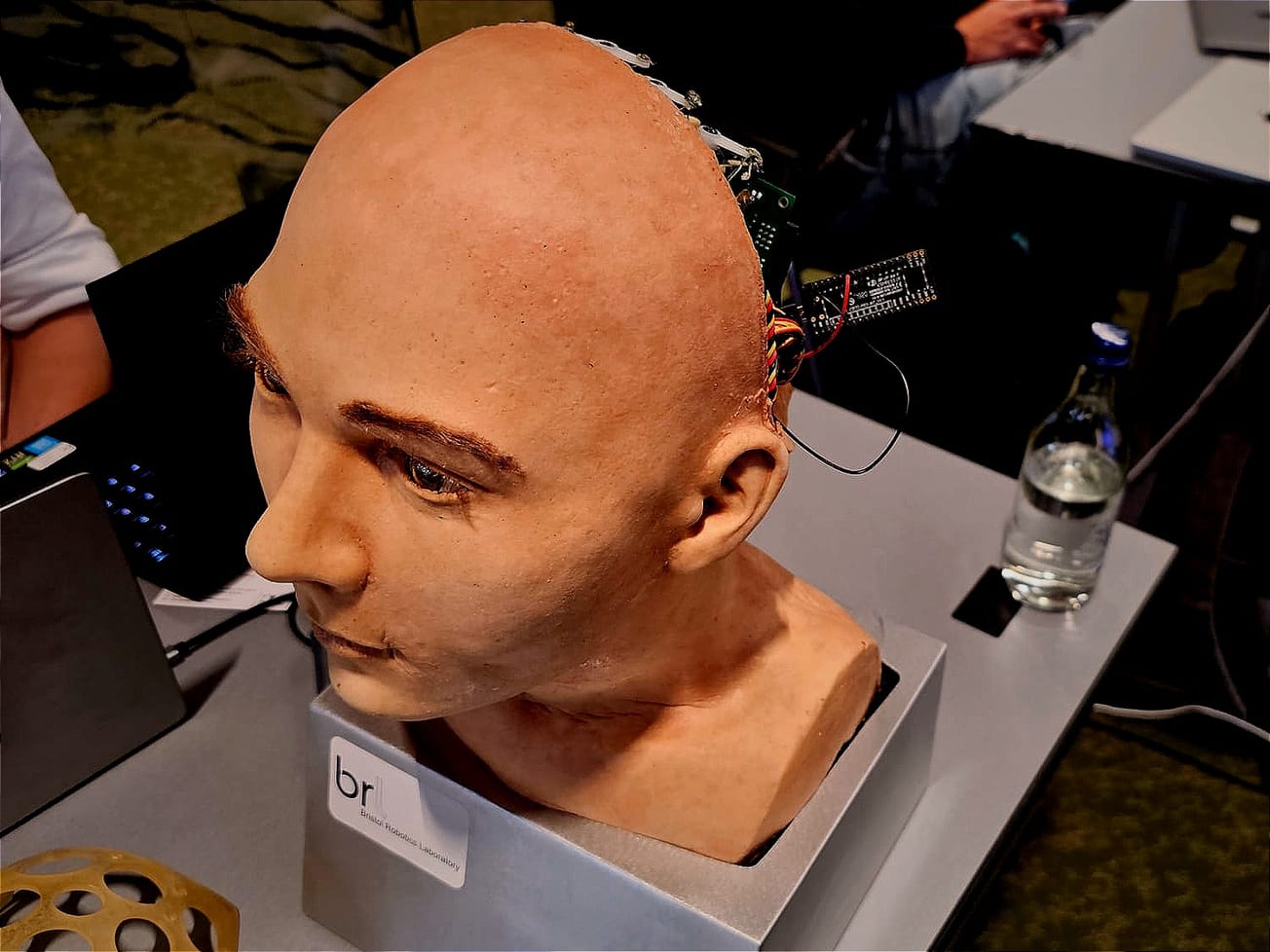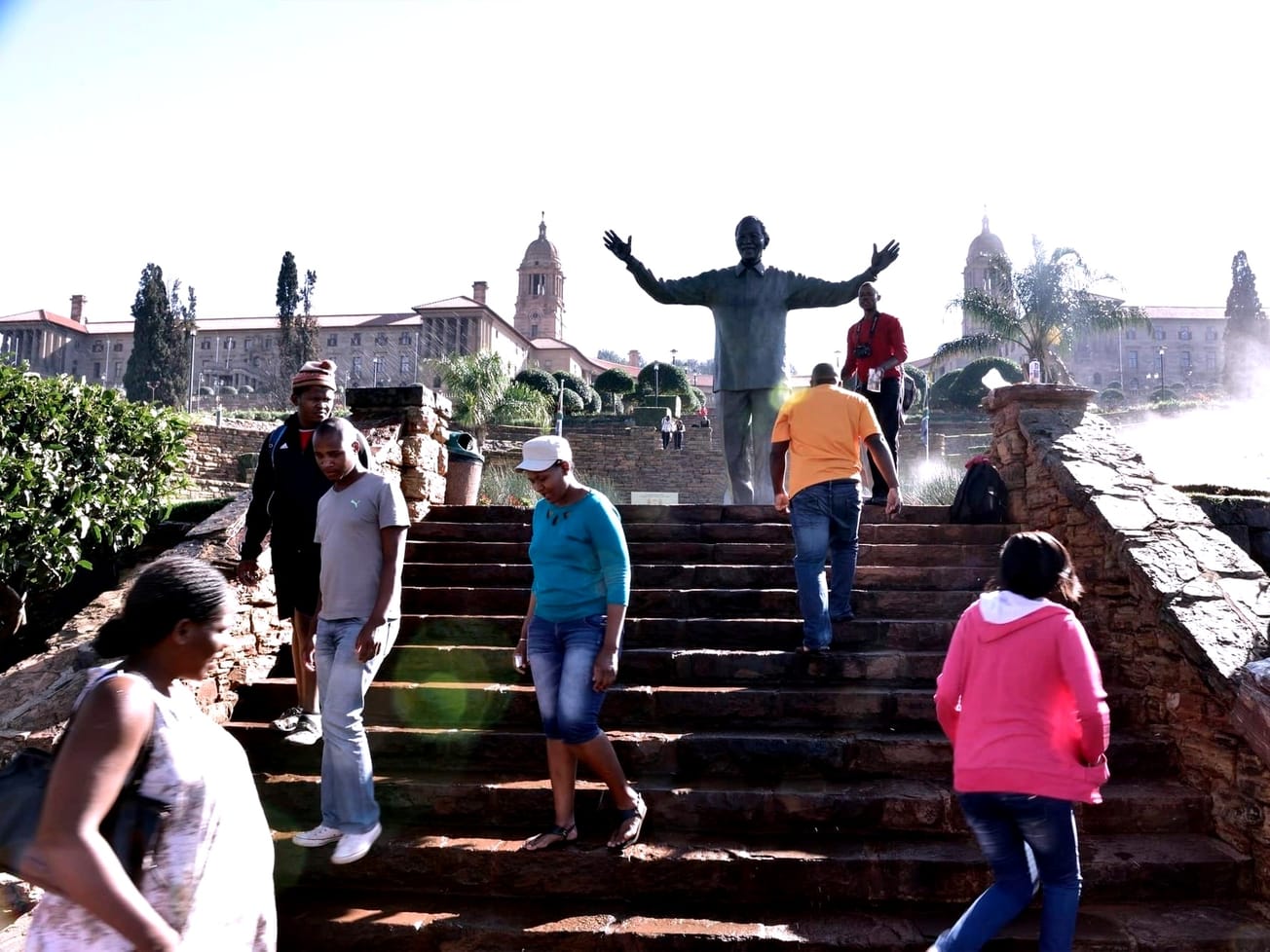GENEVA (AN) — Leaders of a fledgling science diplomacy foundation say they are working to prevent a new Cold War from being fought between a few powerful nations or corporations seeking to hold a dangerous monopoly over new uses for science and technology.
Swiss Foreign Minister Ignazio Cassis opened the inaugural summit of the Geneva Science and Diplomacy Anticipator Foundation, or GESDA, on Thursday with a video message stressing the need for greater collaboration between scientists and diplomats. The Swiss and Geneva governments created GESDA to serve as a think tank in Geneva's international community.








